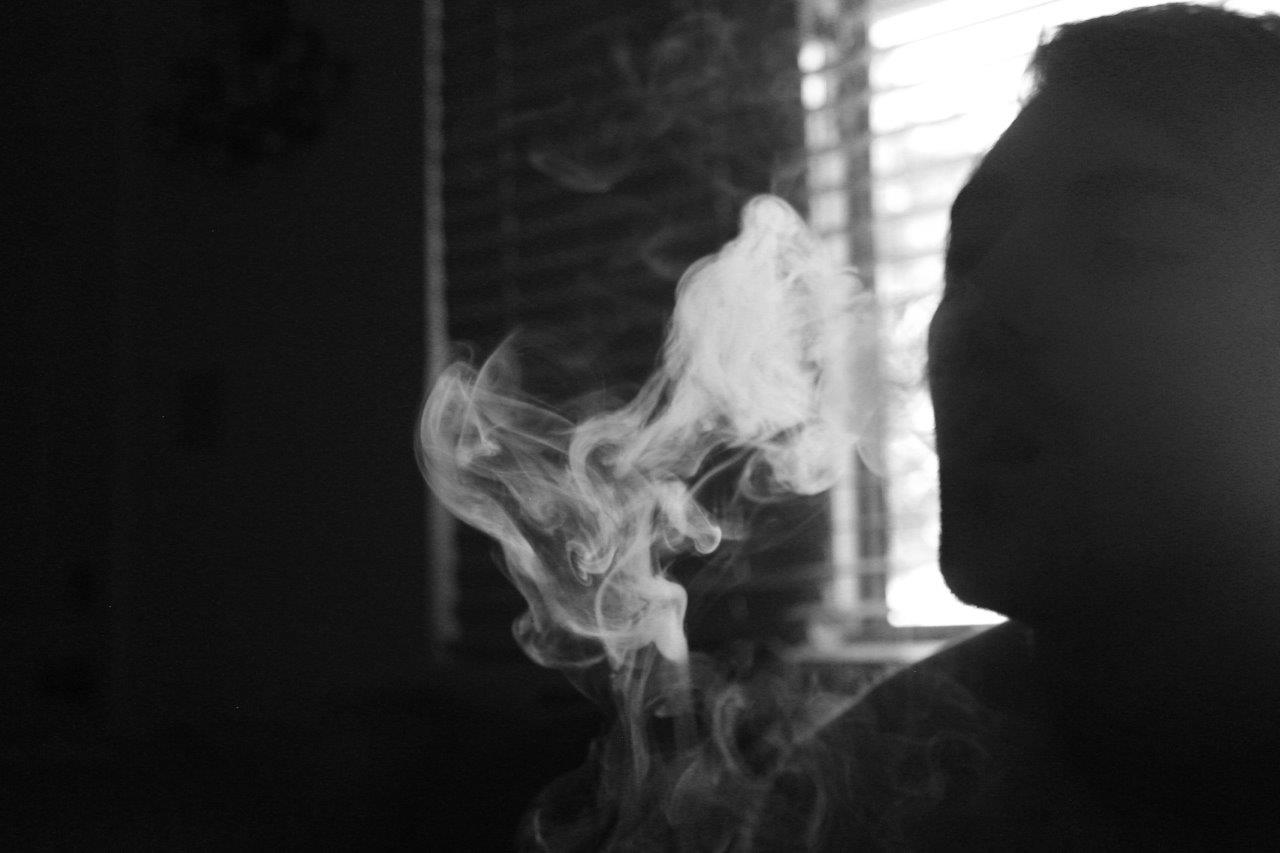Cannabis comes in many forms, like pot (dried leaves and flowers of the cannabis plant) and hash (the resin of the plant).
It can be mixed with tobacco and smoked in joints, bongs or pipes, baked into food (like cakes, brownies or cookies) or drunk as a brew.
There’s no ‘safe way’ to use cannabis. But if you choose to use it, try to use it as safely as possible.
How does cannabis work?
Cannabis contains a chemical called Tetrahydrocannabinol (THC), which moves from the bloodstream into the brain. THC is a hallucinogen, meaning that it changes the way that you see reality.
How it affects you depends on:
- how much you use
- how strong it is
- how you took it
- how you are feeling
- who you are with
- where it is from
- whether you have mixed it with alcohol and other drugs.
How do I feel on cannabis?
Using cannabis can bring on the effects of being ‘stoned’. Some people feel chilled out, relaxed and happy. They may become talkative or laugh a lot, and experience hunger or food cravings (known as ‘the munchies’). Some of the not-so-good effects can include:
- feeling sick
- speeding up your heart rate
- changes to the way you experience sensations (colours and sounds)
- having poor concentration
- problems with memory
- low motivation
- poorer sexual performance
- feeling anxiety and panic
- feeling suspicious or paranoid
- having poor coordination, which can affect activities like driving and walking.
How does cannabis affect my mental health?
People usually use cannabis because they want to feel something different, and sometimes they do. But using cannabis can also affect your health., You might find that cannabis makes you feel much worse − especially if you already have challenges with your mental health.
Sometimes cannabis can make feelings of anxiety, panic or paranoia more intense. Young people who use cannabis are at risk of developing mental health issues. It may also increase the risk of psychosis in some people. Psychosis is when you start to believe strange things or see and hear things that aren't there.
The risk of developing psychosis can be even higher if you start using cannabis when you are young. Your risk is also higher if other people in your family have had mental health challenges.
What happens when I stop using cannabis?
There are plenty of benefits you are likely to notice if you cut out cannabis, like:
- better concentration
- improved mood
- increased motivation
- more energy
- better sleep patterns (after a few weeks).
You might notice some of these benefits straight away, while others might take a bit longer. Generally the longer you go without using the easier it gets.
Some people who use cannabis for a long time might become dependent and then find it hard to stop. If you’re trying to cut down or stop using cannabis after a long time, you might experience withdrawal symptoms. These may include:
- cravings
- an upset tummy
- poor appetite
- problems sleeping
- sometimes feeling angry, irritable or restless.
Tips for withdrawal
Withdrawals usually last around a week, although problems with sleep may last longer.
It can be helpful to plan ahead for these difficulties if you’re thinking of cutting cannabis use out. This might involve making a list of things that help you when times get tough. Maybe being around supportive friends helps, or doing activities that make you feel distracted and calm.
Think about what increases your likelihood of using and stay away from those things for a while.
It can also help to include family and friends or a professional in your plans to stop so they can support you through the hard times.
Tips for staying safe
If you’re going to use cannabis, there will always be the risk of things not going great. You can reduce some of these risks by:
- just using a bit at a time and waiting to see what it feels like
- not mixing it with alcohol and other drugs. Things can get out of control quickly
- not driving or doing anything that requires coordination after you've used cannabis. (It is illegal to drive while on drugs)
- only using cannabis with people you trust. Have someone in your group who is not using cannabis keep an eye out for you. Remember to keep an eye on your friends, too
- having cannabis free days. Avoid it if you have school, uni or work the next day
- calling an ambulance if things get bad – they are there to keep you safe, not to get you in trouble.
How can I get help?
If your cannabis use is starting to affect things that matter − like your mental health, wellbeing or your friendships − it can be a good idea to get help. You can talk to someone about your options and look at different ways of cutting down or stopping your use.
For more information, to find your nearest headspace centre or for online and telephone support, visit eheadspace
The headspace Clinical Reference Group oversee and approve clinical resources made available on this website.
Last reviewed 19 July 2018
Get professional support
If you feel you need help there are a range of ways we can support you.

